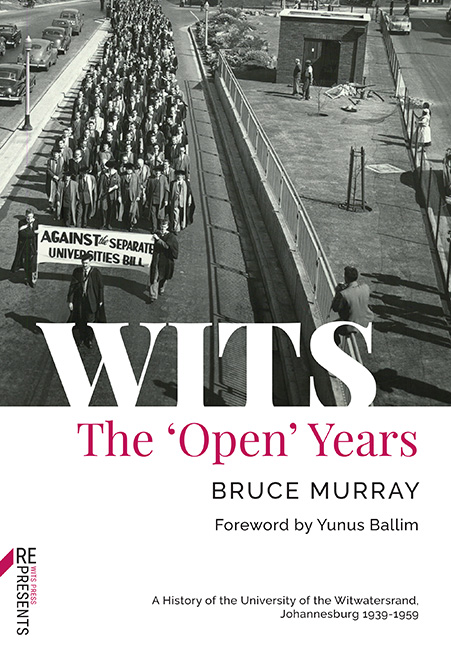5 - Raikes, Student Politics, and the Coming of Apartheid
Published online by Cambridge University Press: 24 November 2023
Summary
In May 1948, in perhaps the greatest upset in South African electoral history, Dr D.F. Malan’s National Party and its allies defeated Smuts’s United Party in the first general election after World War II. For only the second time in the history of the Union the governing party had been defeated at the polls; for the first time since Union in 1910 a purely Afrikaner government was formed. The Nationalist campaign had been waged on a platform of apartheid, involving the fuller segregation of the races, and once in office the Nationalists proceeded to enact a series of measures designed to promote both greater segregation and greater repression. The transition from the compromises of the previous ‘segregationist’ era to the new rigour of the apartheid era was particularly marked in the field of education, with the Nationalists ultimately establishing a new apartheid order in both schools and universities. The first major Nationalist legislative measure dealing with education was the Bantu Education Act of 1953, which put an end to the system of mission schools, supported by African taxation and under the direction of provincial education departments, and set up an entirely separate schooling system for Africans under the central control of Dr H.F. Verwoerd’s Department of Native Affairs. The second major item of Nationalist legislation on education was the Extension of University Education Act of 1959, which established separate ethnic university colleges for ‘non-white’ students and prohibited blacks from registering at the ‘white’ universities, except with ministerial permission.
Nationalist legislation in the 1950s appeared to unfold with a logical inevitability in accordance with a pre-determined strategy; apartheid seemingly progressed as a pre-programmed juggernaut that pushed ahead relentlessly, trampling over everything that stood in its path. Recent research, however, has emphasised the elements of fluidity in Nationalist policymaking, and with regard to higher education it is evident that Nationalist policy ran into a series of culs de sac before the route that led to the Extension of University Education Act was clearly mapped out. It was a sense that the new government was not irrevocably committed to university apartheid that informed Raikes, and guided his policy towards both the government and student activists.
- Type
- Chapter
- Information
- WITSThe 'Open' Years, pp. 113 - 136Publisher: Wits University PressPrint publication year: 2022

